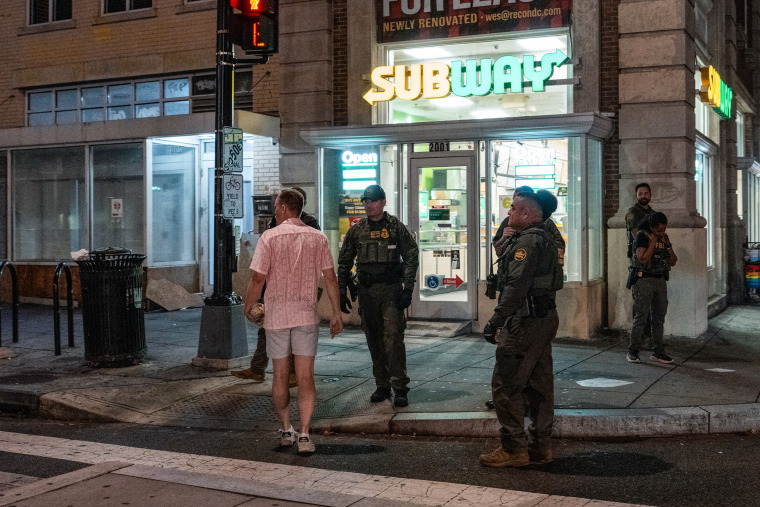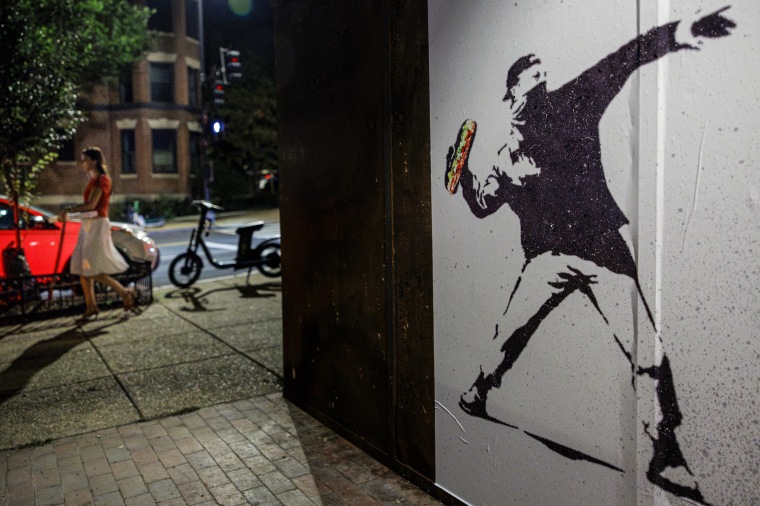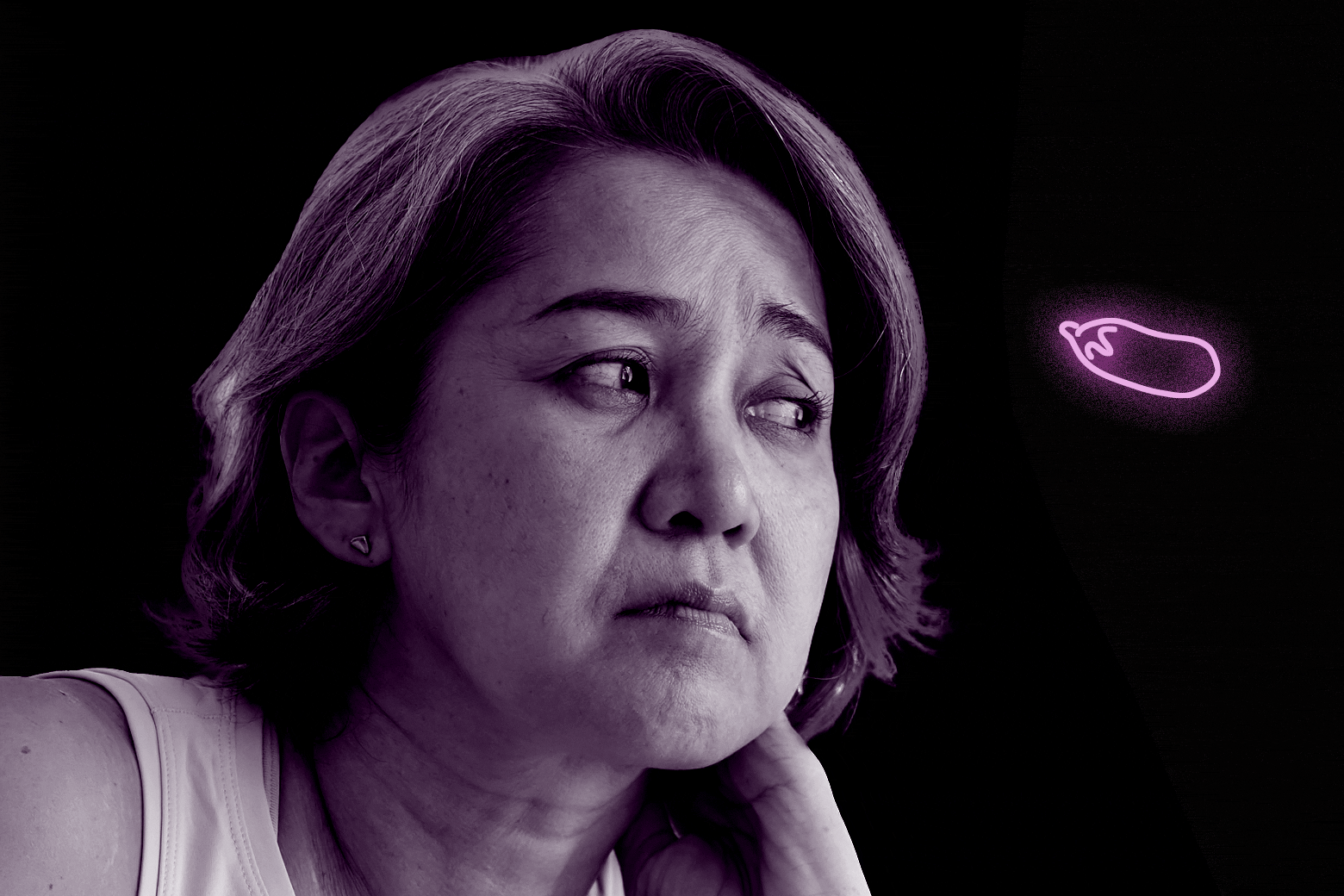WASHINGTON — You could get a grand jury to indict a ham sandwich, the saying goes, but, in Washington, a federal grand jury just declined to indict a man for throwing a salami sub.
The grand jury did not return an indictment against a former Justice Department employee who was seen on camera throwing a hoagie at the chest of one of the federal officers President Donald Trump has deployed in the nation’s capital, according to two people familiar with the matter.
The grand jury’s decision not to indict Sean Dunn is another sign of pushback from Washington, D.C., residents over Trump’s deployment of the National Guard and other federal law enforcement agencies in the city, who have put a particular focus on immigration enforcement. The New York Times was first to report the news.
The incident took place on Aug. 10 at the corner of 14th and U Streets NW, in the heart of the U Street corridor, a neighborhood that played a historic role in the civil rights era and is now a nightlife hotspot.
“F— you! You f—ing fascists! Why are you here? I don’t want you in my city!” Dunn, 37, yelled at officers in the video.

After apparently throwing the hoagie in front of a Subway location, Dunn ran. Officers chased him, and he was arrested on the scene and later processed and released.
Dunn was then charged in federal court with felony assault on law enforcement, and the White House posted a highly stylized social media video of his arrest on those charges. He was then once again ordered released.
Attorney General Pam Bondi announced that Dunn had been fired from the Justice Department, where he worked as a paralegal.
The video of Dunn’s encounter with police went viral and became a symbol of resistance in the city. The Washingtonian magazine described the man as “DC’s Hero,” pointing out the Banksy-inspired illustrations that have popped up around the city showing a man throwing a sub.
It’s not the first time federal prosecutors have had trouble getting a Washington-based grand jury to indict a resident who opposed the new law enforcement presence in D.C. Federal prosecutors failed to obtain an indictment of a woman who was arrested for allegedly assaulting an FBI special agent at an immigration-related protest, the Times reported.

It is highly unusual for grand juries not to indict, given that the standard is probable cause rather than beyond a reasonable doubt as it would be at trial, and because grand jurors typically hear only from prosecutors.
The federal charges against Dunn were initially filed by criminal complaint, but prosecutors are required to secure an indictment from a grand jury made up of Washington residents within 30 days under the Speedy Trial Act, a federal law. Dunn is due to make a preliminary appearance in federal court on Sept. 4.
It is unclear whether prosecutors will once again try to get another grand jury to indict Dunn before his next court appearance. If they fail to secure an indictment, they would have to reduce the charge to a misdemeanor offense, which could still expose Dunn to up to a year behind bars.
CORRECTION (Aug. 27, 2025, 2:20 p.m. ET): Because of an editing error, a previous version of this article misidentified Dunn’s role at the Justice Department in a headline. He worked as a paralegal, not an attorney.
Source link


